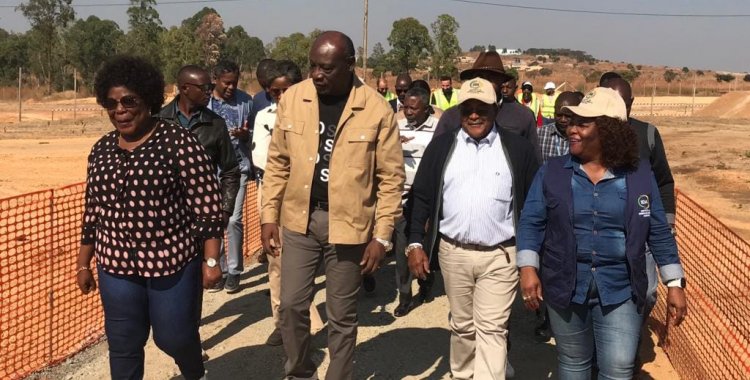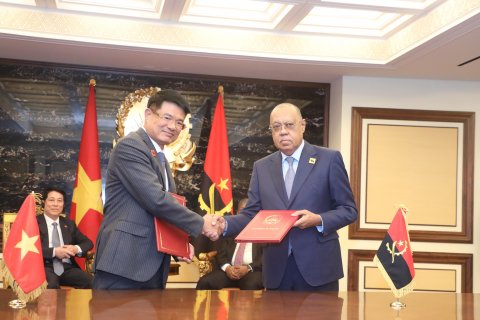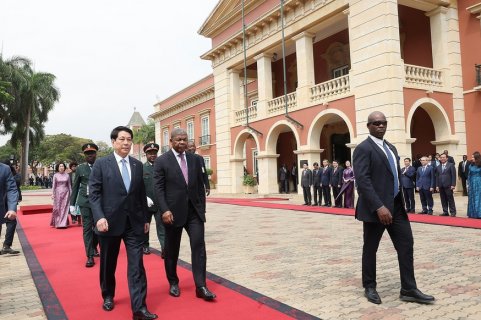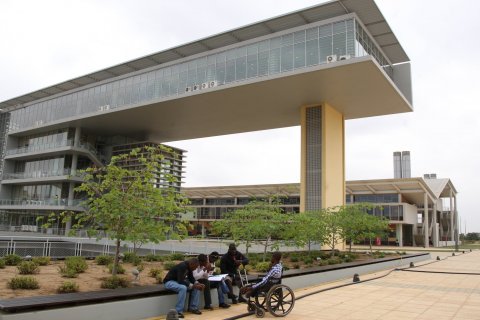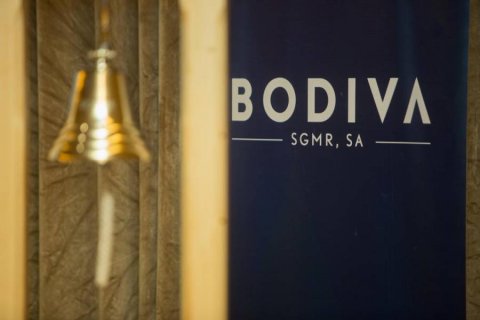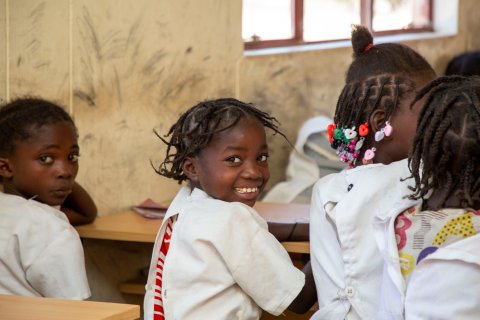The information was provided by the Minister of Agriculture and Forestry, António de Assis, who visited, this Thursday, the works of the future factory.
On the occasion, the minister praised "the importance of Angola having an animal vaccine factory, the execution of which is already underway, in the space attached to the Veterinary Research Institute (IIV), in Huambo province", says a statement from the Provincial Government of Huambo, which VerAngola had access to.
Speaking at the end of the visit to verify the works on the future Bioveterinary Center and Animal Vaccines Factory, the holder of the Agriculture and Forestry portfolio made it known that this infrastructure would be "modern and equipped with the latest technology and operated in all its aspects by Angolan staff, in their most diverse professions".
The minister also informed that the factory has an international dimension, and that it could help the country to become self-sufficient in the production of this type of vaccine. "The aforementioned factory has an international dimension and will be able to serve not only our continent, but also other latitudes due to its capacity that could make Angola a self-sufficient country in those vaccines it can produce", reads the note.
The future manufacturing unit will produce, annually, around 195 million doses of animal vaccines, "30,600 of which are for mammals, 15,000 doses for birds" and "more than nine thousand units of antigens for diagnostic reagents", adds the note from the provincial government .
According to Angop, works on the factory - budgeted at more than 125 million euros and to be built in an area of 21,910 square meters - are expected to be completed in 2027.
On the other hand, the official also addressed the issue of fertilizers. The minister informed that the Government is aware of the complications faced by farmers in accessing fertilizers, a fact that Angola is still subject to, due to not having a factory of this kind. However, he added that this problem will be solved after the completion of the project to build a fertilizer factory in Soyo, which will manufacture various quantities for the growth of production, writes Angop.
Cited by Angop, António de Assis said that there were contacts with international partners in order to implement fertilizer companies in Angola, with a view to facilitating the development of agriculture.
On the occasion, the minister also considered that the country has no other way to solve the impacts of food production shortages, other than the commitment to family farming as it is the most efficient way to supply sufficient portions of food such as rice, sugar, flour, among others, writes Angop.
It should be noted that António de Assis is on a three-day working visit to Huambo. In addition to the visit to the construction site for the future animal vaccine factory, his agenda – according to another note from the government of Huambo – also included a visit to the Agricultural Research Institute, as well as to the agricultural cooperatives 'Etu Tuyula (Nós Venceremos)' and 'Gilberto Lutucuta' and also the holding of a meeting on the "Relaunch of Wheat Production in Angola".

